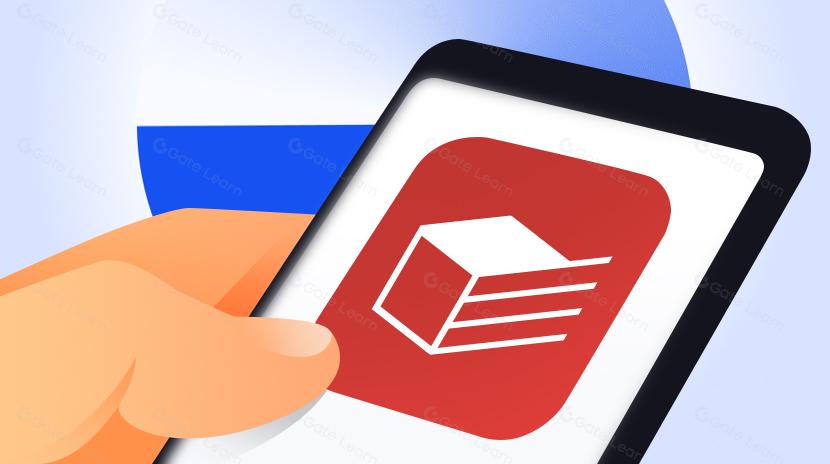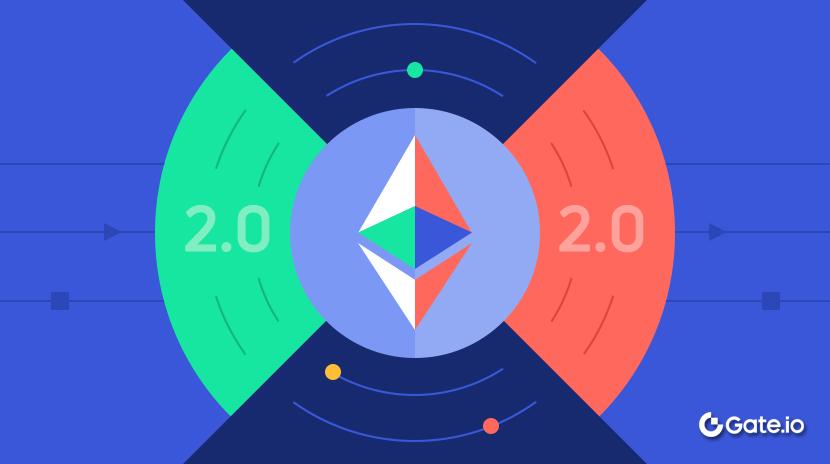Americans are heating their homes with bitcoin this winter
Key Points
- Entrepreneurs are racing to repurpose and capitalize on heat that is wasted in cryptocurrency mining.
- Bitcoin mining generates enough heat annually for Finland’s needs, but most goes up into the air, according to an analysis from digital assets brokerage K33.
- That’s led to recent innovations like a $900 space heater that also doubles as a bitcoin mining rig, but skeptics say the growing crypto home heating market is an inefficient method of providing warmth and managing energy bills.
As winter’s chill settles in across the U.S., and electricity bills become a bigger budgeting issue, most Americans will rely on their usual sources of warmth, such as home heating oil, natural gas, and electric furnaces. But in a few cases, crypto is generating the heat, and if some of the nascent crypto heat industry’s proponents are correct, someday its use as a source within homes and buildings will be much more widespread.
Let’s start with the basics: the computing power of crypto mining generates a lot of heat, most which just ends up vented into the air. According to digital assets brokerage, K33, the bitcoin mining industry generates about 100 TWh of heat annually — enough to heat all of Finland. This energy waste within a very energy-intense industry is leading entrepreneurs to look for ways to repurpose the heat for homes, offices, or other locations, especially in colder weather months.
During a frigid snap earlier this year, The New York Times reviewed HeatTrio, a $900 space heater that also doubles as a bitcoin mining rig. Others use the heat from their own in-home cryptocurrency mining to spread warmth throughout their house.
“I’ve seen bitcoin rigs running quietly in attics, with the heat they generate rerouted through the home’s ventilation system to offset heating costs. It’s a clever use of what would otherwise be wasted energy,” said Jill Ford, CEO of Bitford Digital, a sustainable bitcoin mining company based in Dallas. “Using the heat is another example of how crypto miners can be energy allies if you apply some creativity to their potential,” Ford said.
It’s not necessarily going to save someone money on their electric bill — the economics will vary greatly from place to place and person to person, based on factors including local electricity rates and how fast a mining machine is — but the approach might make money to offset heating costs.
“Same price as heating the house, but the perk is that you are mining bitcoin,” Ford said.
A single mining machine — even an older model — is sufficient. Solo miners can join mining pools to share computing power and receive proportional payouts, making returns more predictable and changing the economic equation.
“The concept of using crypto mining or GPU compute to heat homes is clever in theory because almost all the energy consumed by computation is released as heat,” said Andrew Sobko, founder of Argentum AI, which is creating a marketplace for the sharing of computing power. But he added that the concept makes the most sense in larger settings, particularly in colder climates or high-density buildings, such as data centers, where compute heat shows real promise as a form of industrial-scale heat recapture.
To make it work — it’s not like you can transport the heat somewhere by truck or train — you have to identity where the computing heat is needed and route it to that place, such as co-locating GPUs in environments from industrial parks to residential buildings.
“We’re working with partners who are already redirecting compute heat into building heating systems and even agricultural greenhouse warming. That’s where the economics and environmental benefits make real sense,” Sobko said. “Instead of trying to move the heat physically, you move the compute closer to where that heat provides value,” he added.
Why skeptics say crypto home heating won’t work
There are plenty of skeptics.
Derek Mohr, clinical associate professor at the University of Rochester Simon School of Business, does not think the future of home heating lies in crypto and says even industrial crypto is problematic.
Bitcoin mining is so specialized now that a home computer, or even network of home computers, would have almost zero chance of being helpful in mining a block of bitcoin, according to Mohr, with mining farms use of specialized chips that are created to mine bitcoin much faster than a home computer.
“While bitcoin mining at home — and in networks of home computers — was a thing that had small success 10 years ago, it no longer is,” Mohr said.
“The bitcoin heat devices I have seen appear to be simple space heaters that use your own electricity to heat the room … which is not an efficient way to heat a house,” he said. “Yes, bitcoin mining generates a lot of heat, but the only way to get that to your house is to use your own electricity,” Mohr said.
He added that while running your computer non-stop would generate heat, it has a very low probability of successfully mining a bitcoin block.
“In my opinion, this is not a real opportunity that will work. Instead it is taking advantage of things people have heard of — excess heat from bitcoin mining and profits from mining — and is giving false hope that there is a way for an individual to benefit from this,” Mohr said.
But some experts say more widespread use of plug-and-play, free-standing mining rigs, might make the concept viable in more locations over time. In the least, they say it is worth studying the dual use economic and environmental benefits based on the underlying fact that crypto mining generates significant heat as a byproduct of the computer processing.
“How can we capture the excess heat from the operation to power something else? That could range from heating a home to warming water, even in a swimming pool. As a result, your operating efficiency is higher on your power consumption,” said Nikki Morris, the executive director of the Texas Christian University Ralph Lowe Energy Institute.
She says the concept of crypto heating is still in its earliest stages, and most people don’t yet understand how it works or what the broader implications could be. “That’s part of what makes it so interesting. At Texas Christian University, we see opportunities to help people build both the vocabulary and the business use feasibility with industry partners,” Morris said.
Because crypto mining produces a digital asset that can be traded, it introduces a new source of revenue from power consumption, and the power source could be anything from the grid to natural gas to solar to wind or battery generation, according to Morris. She cited charging an electric vehicle at mixed-use buildings or apartment complexes as an example.
“Picture a similar scenario where an apartment complex’s crypto mining setup produces both digital currency and usable heat energy. That opens the door to distributed energy innovation to a broader stakeholder base, an approach that could complement existing heating systems and renewable generation strategies,” Morris said.
There are many questions to explore, including efficiency at different scales, integration with other energy sources, regulatory considerations, and overall environmental impact, “but as these technologies evolve, it’s worth viewing crypto heating not just as a curiosity, but as a small window into how digital and physical energy systems might increasingly converge in the future,” Morris said.
Testing bitcoin heat in the real world
The crypto-heated future may be unfolding in the town of Challis, Idaho, where Cade Peterson’s company, Softwarm, is repurposing bitcoin heat to ward off the winter.
Several shops and businesses in town are experimenting with Softwarm’s rigs to mine and heat. At TC Car, Truck and RV Wash, Peterson says, the owner was spending $25 a day to heat his wash bays to melt snow and warm up the water.
“Traditional heaters would consume energy with no returns. They installed bitcoin miners and it produces more money in bitcoin than it costs to run,” Peterson said. Meanwhile, an industrial concrete company is offsetting its $1,000 a month bill to heat its 2,500-gallon water tank by heating it with bitcoin.
Peterson has heated his own home for two-and-a-half years using bitcoin mining equipment and believes that heat will power almost everything in the future. “You will go to Home Depot in a few years and buy a water heater with a data port on it and your water will be heated with bitcoin,” Peterson said.
Disclaimer:
- This article is reprinted from [cnbc]. All copyrights belong to the original author [Kevin Williams]. If there are objections to this reprint, please contact the Gate Learn team, and they will handle it promptly.
- Liability Disclaimer: The views and opinions expressed in this article are solely those of the author and do not constitute any investment advice.
- Translations of the article into other languages are done by the Gate Learn team. Unless mentioned, copying, distributing, or plagiarizing the translated articles is prohibited.
Related Articles

The Future of Cross-Chain Bridges: Full-Chain Interoperability Becomes Inevitable, Liquidity Bridges Will Decline

Solana Need L2s And Appchains?

Sui: How are users leveraging its speed, security, & scalability?

Navigating the Zero Knowledge Landscape

What is Tronscan and How Can You Use it in 2025?
